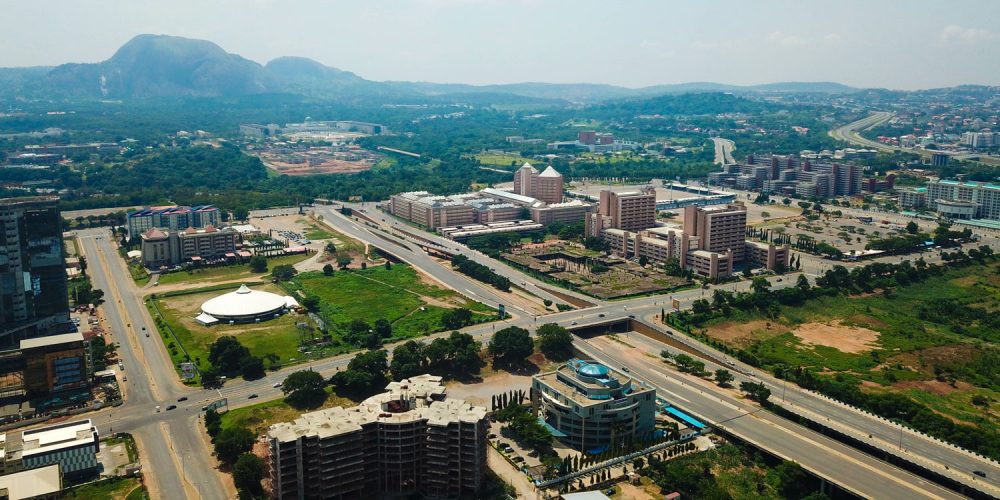
Abuja, nestled in the heart of Nigeria, stands as a testament to modern urban planning and cultural diversity. This meticulously designed city, chosen as the capital in 1991, offers a unique blend of natural beauty, historical landmarks, and vibrant cultural experiences. From the iconic Aso Rock to the lush green parks, Abuja is a city that promises both adventure and tranquility. Dive into our comprehensive guide to explore why Abuja is not just a capital, but a symbol of Nigeria’s rich heritage and bright future.
Abuja was chosen as Nigeria’s capital in 1991, replacing Lagos. It was specifically designed to be the capital, making it one of the few planned cities in Africa.

Abuja’s planning and design were a collaborative effort involving both local and international expertise. The central areas of the city were designed by the renowned Japanese architect Kenzo Tange and his team of city planners at Kenzo Tange Associates. The master plan for Abuja was approved in 1979 and was influenced by various global urban planning principles: All You Should Know About It – Explore Abuja.
While the primary vision and execution were led by Nigerian authorities, there was significant involvement from international experts, including those from Western nations. This collaboration ensured that Abuja would be a modern, well-planned city that could serve as a symbol of Nigeria’s aspirations for national unity and development.
So, it’s a blend of local initiative and international expertise that brought Abuja to life!
Abuja is located near the geographical center of Nigeria, which was one of the reasons it was chosen as the capital. This central location makes it more accessible to people from all parts of the country.
One of the most prominent landmarks in Abuja is Aso Rock, a large outcrop of granitic rock that rises about 400 meters above the city. The Nigerian Presidential Complex, Nigerian National Assembly, and Nigerian Supreme Court are all located around it.
Abuja is known for its cultural diversity, with residents from all over Nigeria and beyond. This diversity is reflected in the city’s festivals, cuisine, and daily life.
Abuja is often referred to as one of the greenest cities in Africa due to its extensive parks and green spaces. The city has several notable parks, including Millennium Park and Jabi Lake Park.
The airport lounges at Abuja Nnamdi Azikiwe International Airport offer a range of amenities that cater to both tourists and business travelers. Here are some highlights:
Located in the International Terminal, this lounge provides comfortable seating, complimentary snacks and beverages, free Wi-Fi, charging ports, entertainment options, newspapers, magazines, and shower facilities. It’s a great spot for any traveler looking to relax before their flight.
Situated in the General Aviation Terminal, this lounge offers a luxurious experience with comfortable seating, state-of-the-art business facilities, free Wi-Fi, a private meeting room, complimentary snacks and beverages, premium alcohol, and shower facilities. This lounge is ideal for business travelers seeking privacy and exclusivity.
Located in the International Terminal, this lounge provides plush seating, delicious refreshments, impeccable service, a business center, gourmet meals, and cozy seating areas. It’s perfect for both business and leisure travelers looking for a first-class experience.
https://gyg.me/oDWKRJ3x
https://gyg.me/iMVavwOa
These lounges are designed to accommodate a variety of travelers, whether you’re on a business trip or a leisurely vacation. They offer a comfortable and relaxing environment to unwind before your flight.
https://gyg.me/NUGJjIiV
https://gyg.me/WxpttuFq
https://gyg.me/LVUdkM8K
Leave a Reply